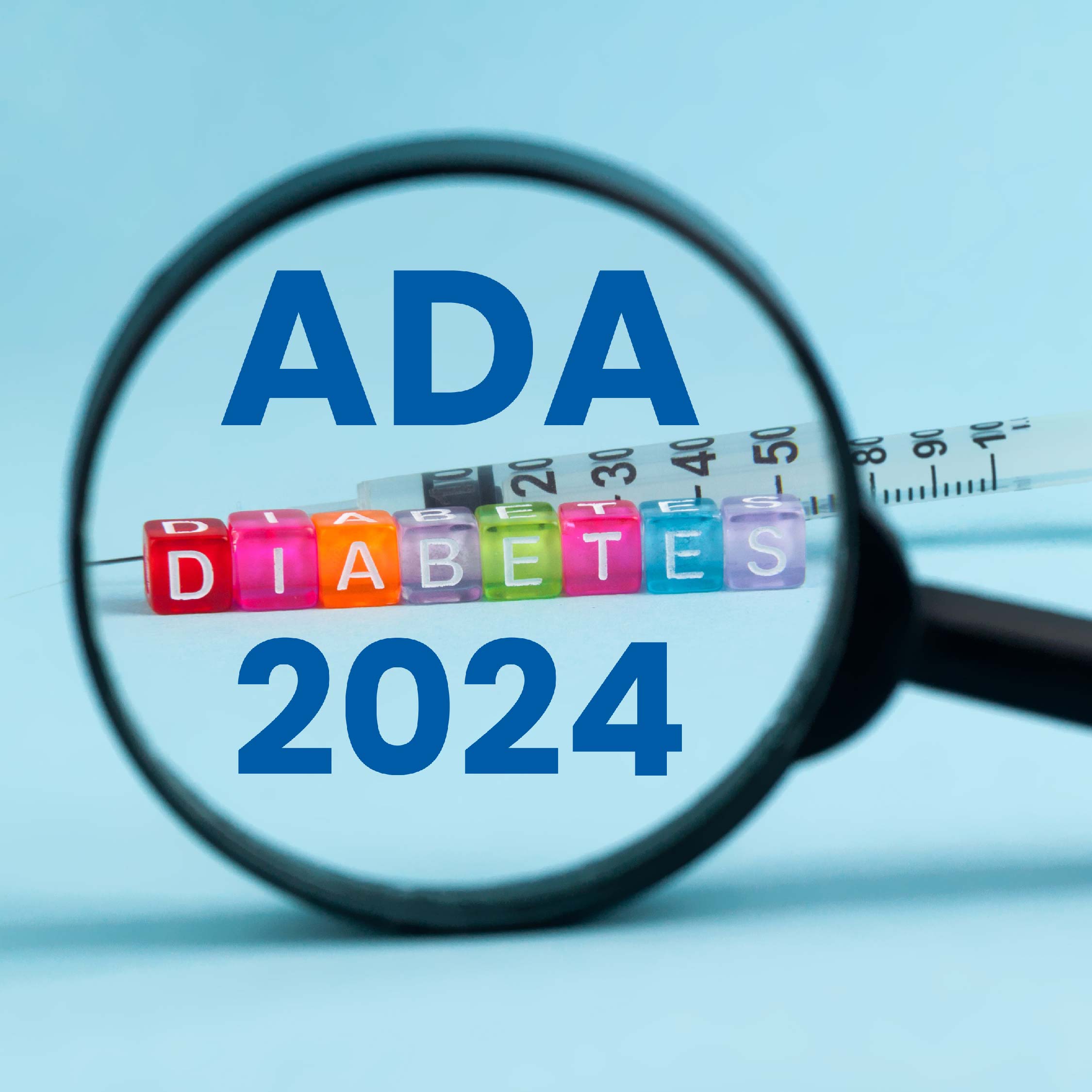ESC 2025: New Insights into Antihypertensive Treatment
Individual Patient Data Pooled Analysis of Randomised Trials in Australia and United States Assessing a Quadruple Combination Single Pill in Patients with Hypertension: Results from the QUARTET Studies
Presenter: Simone Marschner
Hypertension remains a leading global health issue, with poor control rates. Two randomized, double-blind QUARTET trials in Australia & the US evaluated a low-dose quadpill combining irbesartan/candesartan, amlodipine, indapamide & bisoprolol versus standard monotherapy.
The study included 653 patients with hypertension, comparing a quadpill to initial monotherapy. The quadpill showed superior blood pressure reduction (SBP by 6.5mmHg, DBP by 5.6mmHg) despite less up-titration. Adherence was high across groups. Treatment effects did not vary by country, age, sex, or BMI. The analysis supports the quadpill’s efficacy & highlights its potential to overcome clinician inertia & improve hypertension management.
Short-Term Effects of Blood Pressure Lowering Drugs on Cardiovascular Events: A Systematic Review and Meta-Analysis of Randomised, Placebo-Controlled, Doubled-Blind Trials
Presenter: Sonali Gnanenthiran
This meta-analysis evaluated short-term effects of blood pressure (BP)-lowering drugs on cardiovascular events using data from 451 randomized, double-blind placebo-controlled trials (93,121 participants, mean follow-up 8 wks).
While no significant reduction in major adverse cardiovascular events was found overall, BP-lowering drugs significantly reduced stroke (0.19% vs 0.43%; RR 0.37) & transient ischaemic attack (0.001% vs 0.01%; RR 0.26). Combination therapy showed the greatest stroke benefit (RR 0.21). No differences were observed in mortality or other cardiovascular outcomes. These findings support early initiation of BP-lowering treatment, as even short-term therapy can reduce cerebrovascular risk, suggesting guidelines should emphasize faster BP control in at-risk individuals.
Dapagliflozin and Blood Pressure Control in Type 2 Diabetes: A Meta-Analysis of Randomised Clinical Trials
Presenter: A Barbosa
This meta-analysis assessed the impact of dapagliflozin 10 mg on blood pressure in patients with type 2 diabetes and hypertension. Seven randomized controlled trials involving 20,308 participants were analyzed.
Dapagliflozin significantly reduced office systolic blood pressure (SBP) by 3.08 mmHg and diastolic blood pressure (DBP) by 1.10 mmHg. Similar reductions were observed in 24-hour SBP (−3.53 mmHg) and DBP (−2.13 mmHg), with low heterogeneity across studies. The conclusion reinforces dapagliflozin's role as an effective adjunctive therapy for managing hypertension in type 2 diabetes, highlighting its consistent blood pressure-lowering effect in both office and 24-hour measurements.
Telemonitoring with Biweekly Telephone Intervention Enhances Blood Pressure Control in Uncontrolled Hypertension: A Randomized-controlled Pilot Study
Presenter: Paula Sagmeister
This single-centre randomized trial evaluated whether structured telemonitoring with biweekly phone consultations improves blood pressure (BP) control in patients with uncontrolled hypertension. Sixty participants were divided into control & intervention groups, both performing twice-daily BP measurements. Only the intervention group received regular calls for medication adjustments.
After 6 months, the intervention group showed significantly greater reductions in systolic (-14.8 mmHg vs. -4.1 mmHg p<0.001) & diastolic BP (-9.8 mmHg vs. -1.8 mmHg; p<0.001) & spent more time within target BP ranges (43% vs. 25%; p=0.023).
The study concluded that structured telemonitoring with regular telephone follow-ups is an effective strategy for improving BP control.
Efficacy of Spironolactone in Reducing the Risk of Cardiovascular Events and Long-term Mortality in those with Resistant Hypertension: Findings from the Anglo-scandinavian Cardiac Outcomes Trial
Presenter: Jai Prashar
This study assessed the long-term cardiovascular & mortality benefits of spironolactone in patients with resistant hypertension (RH) using data from the ASCOT trial.
Among 8,776 RH patients, 13.4% used spironolactone. Users experienced greater systolic BP reduction and had a significantly lower risk of major adverse cardiovascular events (HR 0.90) and all-cause mortality (HR 0.85) during the trial. In the 13.5-year Legacy follow-up, spironolactone use was associated with reduced all-cause mortality (HR 0.92), but not cardiovascular mortality. These findings suggest spironolactone may offer medium- & long-term mortality benefits in RH, though further randomized studies are needed to confirm efficacy.
Different Antihypertensive Strategies Targeting RAAS Show Opposite Outcomes In Cerebral Injury in Hypertensives
Presenter: Lorenzo Carnevale
This study investigated whether RAAS-targeting drugs, ACE inhibitors (ACEi) versus Angiotensin Receptor Blockers (ARBs), have different effects on the brain in 51 hypertensive patients using Diffusion Tensor Imaging & resting-state fMRI
Among 51 participants, ACEi treatment was associated with reduced microstructural integrity in specific white matter tracts, including the anterior commissure (p=0.042) and right temporal cingulum (p=0.049), which was not observed with ARBs. ACEi correlated with altered functional connectivity between key brain networks (p=0.0077), unlike ARBs. These findings suggest ACEi may have less favorable outcomes on cerebral microstructure and function compared to ARBs.
ESC Congress 2025, 29thAug- 1st Sept 2025, Madrid, Spain



